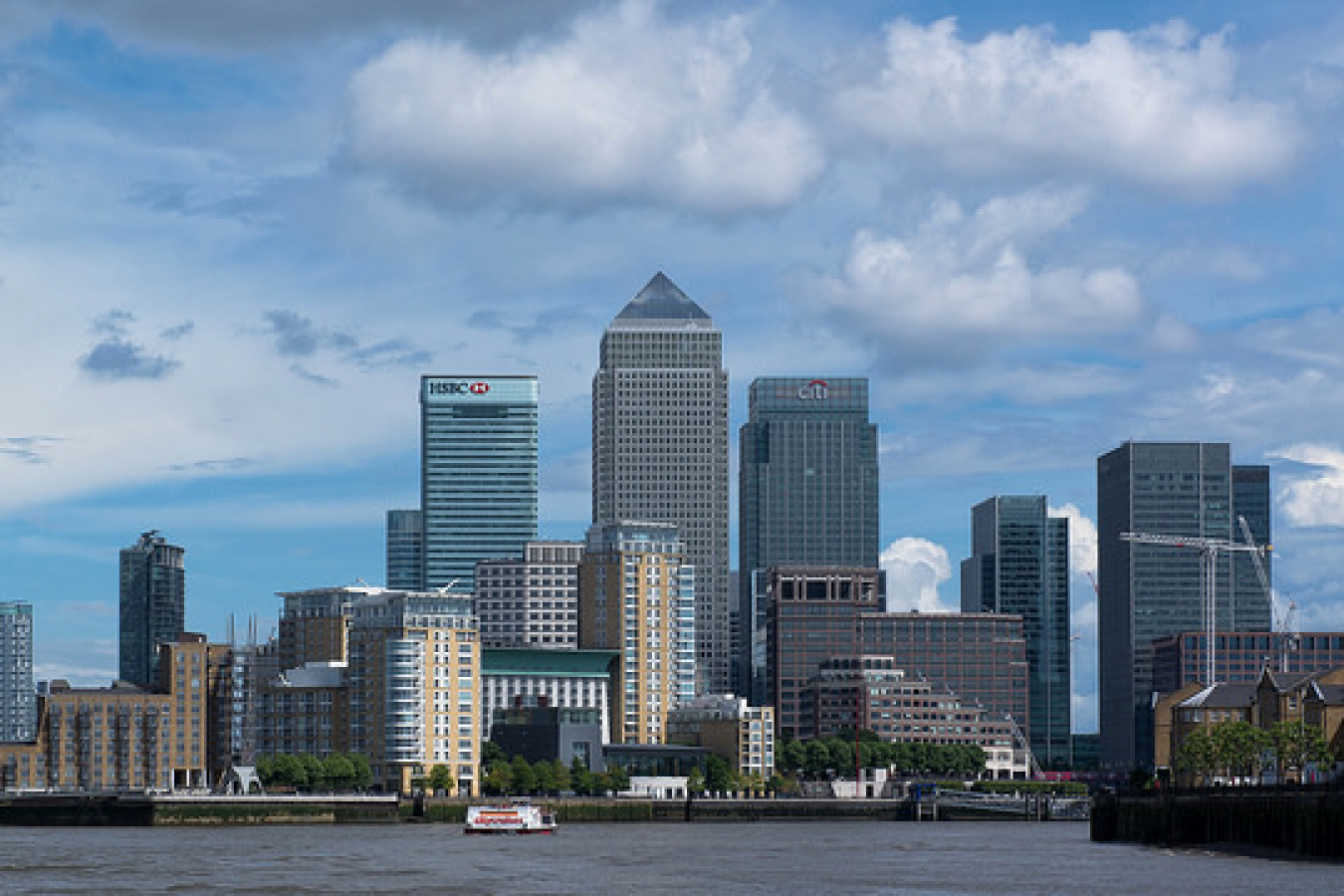UK business leaders have launched a scathing attack on Migration Watch UK – a self-proclaimed, independent, non-political think tank, which campaigns for tighter UK immigration rules – after the organisation claimed that the Tier 2 visa system and Tier 2 Sponsorship Licence scheme had a ‘negligible effect on the ability of companies to recruit skilled workers from non-EU nations.’
The anti-immigration Migration Watch, which is chaired by the controversial Lord Green of Deddington, a former Ambassador to Saudi Arabia, recently released a new report that stated that the Tier 2 visa system has had ‘virtually no impact’ on the ability of companies to hire skilled workers from nations outside the European Union.’
According to the report, the annual limit of 20,700 workers, which does not include skills on the shortage occupation list, had not been exceeded between 2010 – when the Tier 2 visa system was first implemented – and 2014-15.
Additionally, the report states that even when the cap was breached in 2015-16, when 22,037 Tier 2 Certificates of Sponsorship (CoS) were issued, 2,800 of them were returned unused or unclaimed.
Costs for employers and employees rising
Migration Watch UK criticised businesses in Britain for ‘crying wolf’ over the impact of restrictions applied to Tier 2 visas – a system that is constantly being subjected to tighter rules, as well as increased UK Visa costs imposed on employers and overseas workers. Next month an annual £1,000 immigration skills charge will be implemented making it even more expensive for employers to use Tier 2 visas.
Despite the Migration Watch UK report recognising that the government had, on occasion, put recruitment restrictions in place when monthly Tier 2 COS limits had been hit, it added: “On an annual basis, no employer has been prevented from bringing in a skilled worker since the economic cap was introduced, although some employers might have had to wait a month before they could obtain a certificate for their prospective employee. The cap of 20,700 has, therefore, been sufficient to meet the needs of business for skilled workers.”
Vice chairman of Migration Watch, Alp Mehmet - a former Ambassador to Iceland, said: “The business lobby have been crying wolf for years about the impact of the cap on business, but it has now become clear that the annual cap has never been breached. The very same lobby is now claiming that a reduction in migration from the EU for low-skilled work will be a disaster but, with their record, the public will not be convinced.”
Migration Watch UK report misses the point
However, the head of employment and skills policy at the Institute of Directors, Seamus Nevin, criticised Migration Watch UK for ‘failing to grasp the point’ over the issue. He said: “The Tier 2 visa cap isn’t being broken because the restrictions are so high that employers are being prevented from applying in the first place.”
“The Tier 2 visa system is a prime example of how UK immigration policies are not fit for purpose. The current system for non-EU migrants is determined by 13 separate acts of Parliament, as well as 10,000 pages of guidance relating to 1,400 categories of immigrants. Employers must answer over 100 questions about a prospective employee when applying for a visa on their behalf, and applications are typically 85 pages in length,” Nevin added.
“Home Office officials must then consult 1,300 pages of instructions before deciding if a visa will be issued, so employers are often left waiting for months to hear whether an application has been granted. If Migration Watch thinks this is a good system, clearly they know little about the realities of running a business,” he stated.
Tackling Britain’s skills gaps
The deputy director-general of the Confederation of British Industry (CBI), Josh Hardie waded into the debate, stating: “Skilled migration is good for the UK, helping companies to fill skill gaps and supporting firms to trade globally.”
Tier 2 migrants are the most important part of the non-EU migration system. The route is already extremely restrictive, and it is getting harder to get the right person at the right time. Businesses want to see the Tier 2 cap raised, not further visa price increases, particularly a skills charge that will only hold back firms of all sizes and sectors across the UK,” he added.
Meanwhile, a Home Office spokeswoman stood in defence of the current Tier 2 visa system, saying: “The controls that we have put in place around Tier 2 visas ensure our immigration system continues to work in the national interest and support employers in looking first to the UK resident labour market before recruiting from overseas.”
“The latest published statistics show that 99.7 per cent of Tier 2 cases from abroad received an outcome within 15 days and 99.6 per cent of Tier 2 cases made in the UK received an outcome within eight weeks,” the spokeswoman said.
“Furthermore, the guidance is 122 pages, and covers all four categories of this visa group. No employer has been denied a place for a shortage occupation or PhD-level job due to the limit being oversubscribed, and the limit has not been oversubscribed since October 2015,” the spokeswoman added.
Workpermit.com can help with Tier 2 Visa Sponsorship Licences and Tier 2 visas
If you need help with a Tier 2 Sponsorship Licence and Tier 2 Visa or would like help with complying with your Tier 2 Sponsorship Licence obligations workpermit.com can help. Call 0344 991 9222 for further details.




